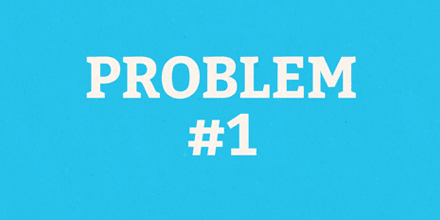Giving Shift Workers #HourstoCountOn
octobre 19, 2016
Workshift launched around a simple question: What needs to change in order to give more Americans good jobs? We defined good jobs as those that give workers the opportunity to build their lives, at work and outside of work, with dignity and pride.
As the economy has recovered out of the Great Recession, many American workers have not. This is because while jobs are created, they are more often than not part-time jobs with little assured income, security, or predictability. So Purpose and the Rockefeller Foundation began working with the Center for Popular Democracy to create a worker-driven campaign that will demand that major employers give their employees a fair working week.
With an exciting new launch coming soon, Workshift is working to define the problem with unpredictable shift jobs, create a common vocabulary to talk about unfair scheduling practices, and educate progressive audiences about how workers are being left in the cold even as the economy gains jobs.
Here are the main issues that Purpose has identified as what makes unfair scheduling so unfair:

The first problem created by unfair scheduling is unpredictable hours. Some employers give employees very little notice – sometimes under an hour – about when they have shifts. This means that workers have to wait for work at the expense of family, education, and making their own scheduling decisions. Waiting for an employer to call means being tied to a phone with no guarantee of income.

The second problem unpredictable jobs create is insufficient hours. Many part-time jobs require on-call availability – meaning that workers have to keep their schedules open as if they have a shift without the guarantee of making any money. This prevents people from taking on second jobs to make up for lost income, and creates income volatility that trickles into quality of life as well as the economy.

The third most common problem with unfair scheduling is unhealthy hours. Many workers who are grateful to get shifts find themselves with incredibly punishing hours – like “clopening” (staying late to close the store at night and coming in hours later to open the next morning) as well as working through weekends, holidays, and longer-than-seven-day weeks. Unpredictable scheduling takes a toll on workers’ health, education, and wellness.
In the coming weeks, Workshift will begin to take on unfair scheduling practices one employer at a time. With the guidance, support, and organizing energy that American workers have always brought to the table, Workshift will lend its support to dragging dignity back to American jobs.
for Equity & Evidence